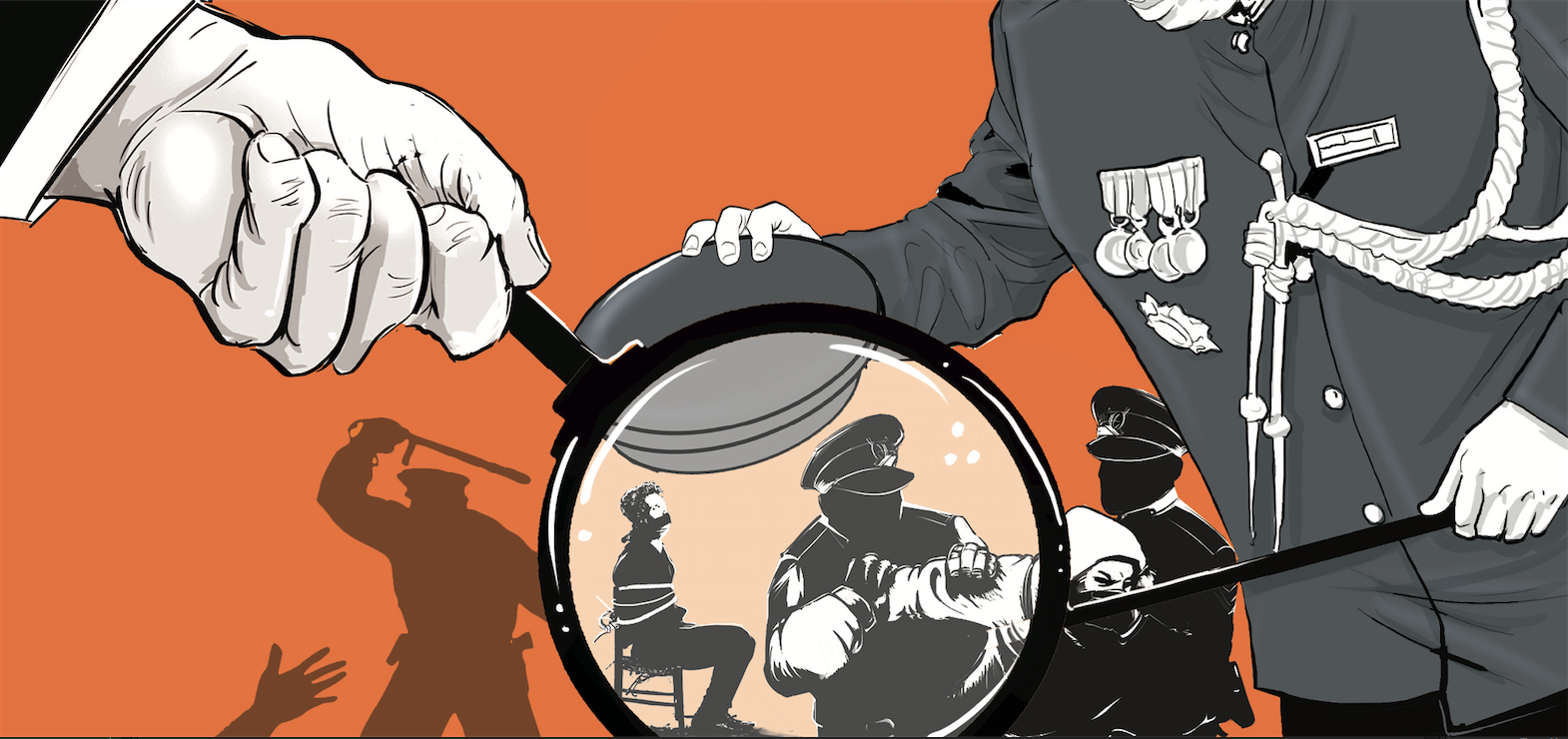

The National Police Service plays an important role in securing the country from internal strife through maintaining law and order. It is for this reason that the 2010 constitution dedicated Chapter 14 to National Security and established the National Police Service with clear objectives, functions and command.
For effective running of the National Police Service, several legislations were passed that established key institutions and offices, including the National Police Service Commission, the independent office of the Inspector General and the Independent Policing Oversight Authority.
The importance of these offices was to help deal with the
perennial problems that policing had faced: lack of professionalism,
lack of accountability, perceived control by the executive arm of the
government, poor resourcing and tooling, and corruption, among others.
However, the more things change for the National Police Service, the more they remain the same, or even worsen, as evidenced by recent actions and statements from those in leadership.
The National Police Service, headed by the Inspector General, is locked in a vicious battle with the National Police Service Commission over the control of the payroll of the service.
The Cabinet secretary in charge of the National Police Service has made utterances on shoot-to-kill for those vandalising and destroying property, as well as on promotion of police officers.
Finally, senior police officers have called for the downsizing of female police officers joining the service due to their inability to “deal” with some policing situations. Allow me to delve more into these three matters and show how deep our policing is in crisis.
The National Police Service Commission Act 2011 establishes the National Police Service Commission to deal with the human resource mandate of the National Police Service, which includes employment, discipline, promotions and compensation. This role is delivered by the commissioners, with the Inspector General being one of the commissioners.
However, it is important to note that the Inspector General is an employee of the National Police Service Commission, considering the role played by the commission in his recruitment, which includes advertisement, interviews and submission of the qualified candidate to the President, who is the appointing authority.
The importance of the Inspector General as a member of the commission was due to his leadership and independent command over the National Police Service. This inclusion was not to in any way give the office powers to usurp the role of the commission. Having the Inspector General control the payroll will greatly water down the role of the commission. The fight over the payroll is ill-informed, stinks to the high heavens and must be resisted by all well-meaning Kenyans.
The constitution recognises the important role played by the Cabinet secretary in charge of policing as policy and goes ahead to explicitly mention that any direction given to the Inspector General must be in writing and should not be on investigations, enforcement of laws or on employment.
The recent pronouncements by the Cabinet secretary not only go against constitutional principles but also against the National Police Act and the National Police Service Commission Act, which mandates the Inspector General and the National Police Service to have independent command of the service.
The role of the Cabinet secretary must
strictly remain policy, as the Act does not provide any mechanisms for holding
him or her to account in the event of any police action or inaction arising from
him or her. It is for this reason that we must all continuously remind the Cabinet secretary of his high-level role.
Finally, the recent debate on the need to downsize and have preference for male police officers as opposed to female police officers brings into sharp focus our understanding of the role, functions and the importance of the police and their services to the nation. The National Police Service Act does not define and assign specific police functions to a given gender, as they are primarily about serving the people to realise their rights.
The National Police Service Commission has further gazetted appointment regulations, which are clear on the two-thirds gender constitutional principle on membership of the National Police Service. However, for Kenya, we have come to associate policing functions and roles with responsibilities that require extra energy that goes beyond the “normal”.
This debate clearly goes against both constitutional and human rights principles of non-discrimination, equality, accountability, inclusivity and protection of the marginalised. It is important to note that gender and sex do not in any way determine the quality of policing services.
In conclusion, these three examples point to the need to simply obey and follow the laws for us to get the best policing services. The leadership of this country must not only understand the important role played by the police as civil actors but must also support them in line with principles espoused in Article 10 of the constitution.
Ultimately, the strength of Kenya’s policing hinges on unwavering respect for the law and steadfast commitment by all leaders to uphold the constitution’s values, ensuring a safer and more just society for every Kenyan.
The writer is the Assistant Director at the Kenya National Commission on Human Rights


















